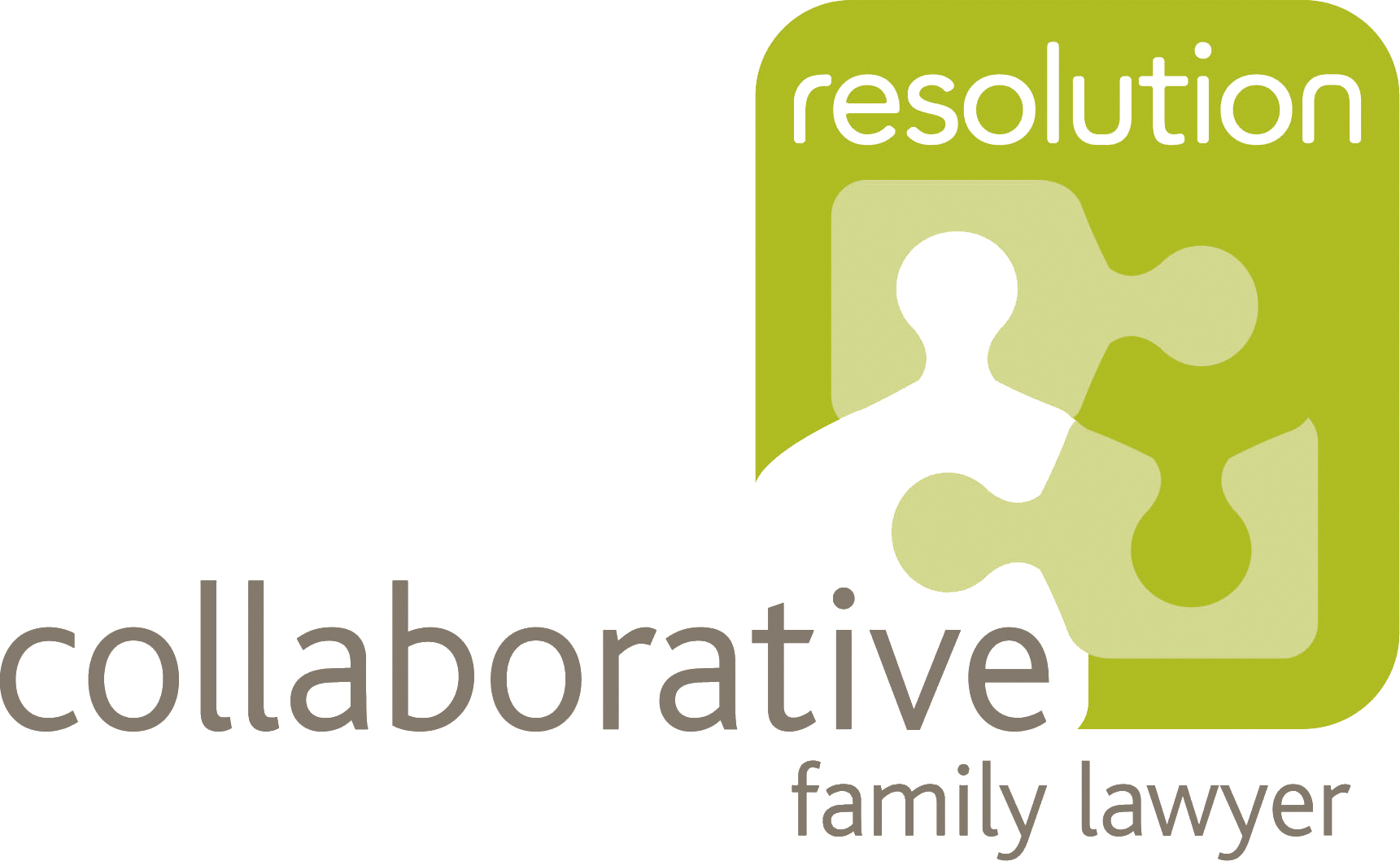collaborative law
Collaborative family law is a non-confrontational approach to resolving issues relating to marriage or relationship breakdown. The collaborative process is based on open, honest and dignified discussions during which each client is supported by his/her own trained collaborative lawyer. The clients and their solicitors work together in a series of meetings to find a fair and mutually acceptable solution.
how does the process work?
At the outset, you and your legal representative will sign an agreement not to commence court proceedings and sets out the objectives of the process. You will agree to be respectful, cooperative and truthful and work together to find amicable solutions.
There will be a series of four-way meetings between you and your respective lawyers during which information will be exchanged and negotiations will be entered into. You will be encouraged to find creative and individual solutions tailored to your family's circumstances. Once agreement has been reached your lawyers will draw up a settlement agreement which will usually be submitted to the court for approval and made into an order.
why choose the collaborative process?
You retain control of the process by participating at each stage, thereby avoiding the uncertainty of a Court-imposed decision. You each have your own legal adviser with you throughout to support and advise you and you reduce the risk of potentially stressful and protracted court proceedings.
The process can help to preserve family relationships in the future.
mediation
Mediators are trained to help resolve disputes over all issues faced by separating couples, or specific issues such as arrangements for any children. A mediator will meet with you and your partner together and will identify those issues you can’t agree on and help you to try and reach agreement.
Mediators are neutral and will not take sides, so they cannot give advice to either of you. They will usually recommend that you obtain legal advice alongside the mediation process and will guide you as to when this should happen. However, a trained lawyer mediator will provide general legal information to both of you within the mediation if this is appropriate.

